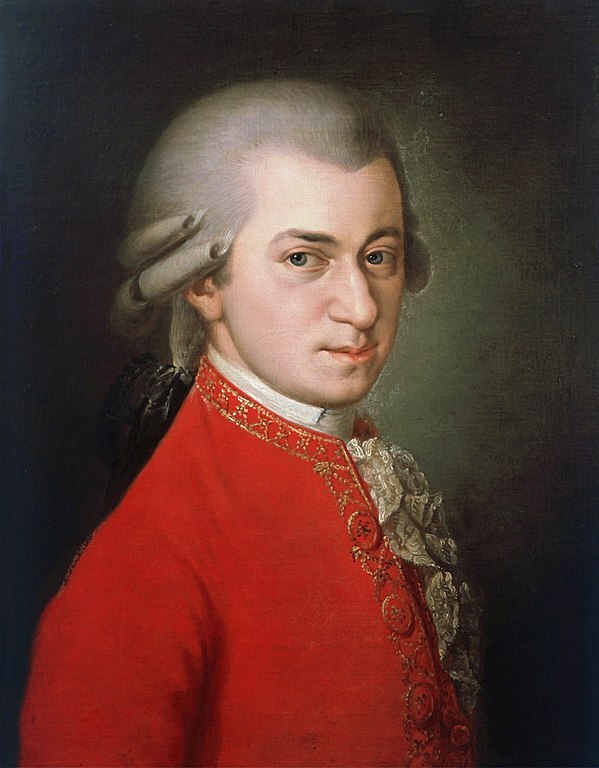
The Abduction from the Seraglio was the earliest of Mozart's five most famous operas, which include The Marriage of Figaro, Don Giovanni, Così Fan Tutte and The Magic Flute, and the first work he was to write for the Viennese stage, where it was successfully premiered in the summer of 1782. Written in the comparatively unsophisticated form of "Singspiel" — in which most of the action takes place in spoken dialogue, followed by songs in which the characters express their inner feelings—it does not rely for its effects on Mozart's genius for dramatic music, revealed more fully in his later works. Rather, it radiates an abundance of musical charm, youthful high spirits, and spontaneous good humor, evergreen qualities that have made it one of the most engaging and least pretentious masterpieces in the history of opera. It is an extremely challenging work for singers, technically beyond the vocal means of many of even the finest operatic performers. Because it has been difficult to assemble ideal casts, worthy productions of The Abduction from the Seraglio have been fewer than for Mozart's other major operas. By means of excellent recordings, however, modern audiences have come to appreciate fully its truly superlative qualities. This fine edition has been reproduced from an authoritative Breitkopf & Härtel edition, printed on durable paper and sturdily bound for a lifetime of pleasurable use. With it, students and lovers of classical music can study the score intimately, increasing their enjoyment of performances of this splendid comic opera.
Author

Wolfgang Amadeus Mozart (1756 - 1791) was a prolific and influential composer of the Classical era. He composed over six hundred works, many acknowledged as pinnacles of symphonic, concertante, chamber, piano, operatic, and choral music. He is among the most enduringly popular of classical composers. Mozart showed prodigious ability from his earliest childhood in Salzburg. Already competent on keyboard and violin, he composed from the age of five and performed before European royalty; at seventeen he was engaged as a court musician in Salzburg, but grew restless and traveled in search of a better position, always composing abundantly. Visiting Vienna in 1781 he was dismissed from his Salzburg position and chose to stay in the capital, where over the rest of life he achieved fame but little financial security. The final years in Vienna yielded many of his best-known symphonies, concertos, and operas, and the Requiem. The circumstances of his early death have been much mythologized. He was survived by his wife Constanze and two sons. Mozart always learned voraciously from others, and developed a brilliance and maturity of style that encompassed the light and graceful along with the dark and passionate—the whole informed by a vision of humanity "redeemed through art, forgiven, and reconciled with nature and the absolute". His influence on all subsequent Western art music is profound. Beethoven wrote his own early compositions in the shadow of Mozart, of whom Joseph Haydn wrote that "posterity will not see such a talent again in 100 years".